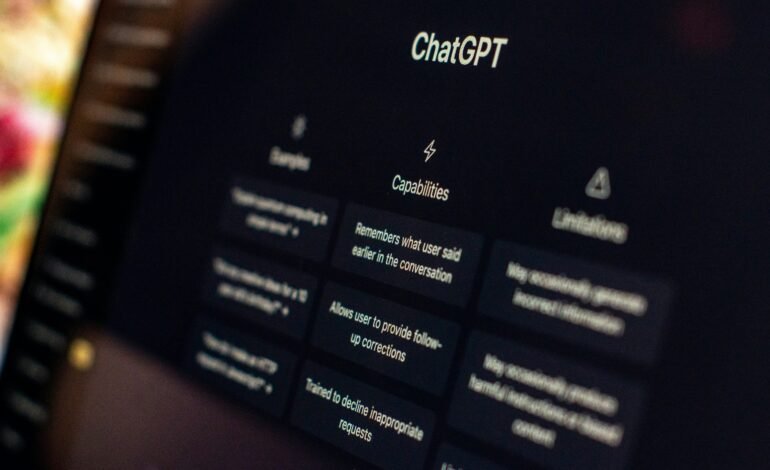OpenAI announces that ChatGPT will have parental controls
ChatGPT noted that parental controls will be launched “next month,” a measure that promises to protect teens.

Photo of Emiliano Vittoriosi in Unsplash
Artificial intelligence company OpenAI confirmed that its popular conversational assistant, ChatGPT, will have parental controls and new safety features starting next month. The move responds to growing concerns from parents, educators, and regulators about minors' use of these AI tools.
A response to social and regulatory pressure
The announcement follows several criticisms from digital rights and child protection organizations that have called for greater transparency and oversight mechanisms. With the increasing integration of ChatGPT into devices, educational apps, and entertainment platforms, experts point out that minors may be exposed to sensitive or inappropriate information without adequate filters.
OpenAI detailed that the new controls will allow parents to restrict the type of content their children access, monitor interactions, and set usage time limits. Although full technical details have not yet been released, the company announced that the feature will be easy to activate and customize from the app's settings.
Impact on educational and family use
In recent months, ChatGPT has been adopted in schools, universities, and homes as a support for academic assignments, language tutoring, and interactive learning activities. However, the lack of robust parental controls had raised alarms among parent-teacher associations.
“This update represents a necessary step to ensure the safe use of artificial intelligence in educational and family settings,” said an OpenAI spokesperson.
With this announcement, OpenAI seeks to get ahead of regulations that countries like the United States and members of the European Union are designing regarding the use of AI with minors. It also positions itself against competitors like Google (with Gemini) and Anthropic (with Claude), which are also working on similar measures.
Analysts point out that this strategy not only responds to social pressure, but also seeks to build trust in a rapidly growing market where safety and ethics have become key factors.
For more stories like this, follow More Latin.
Sources:
